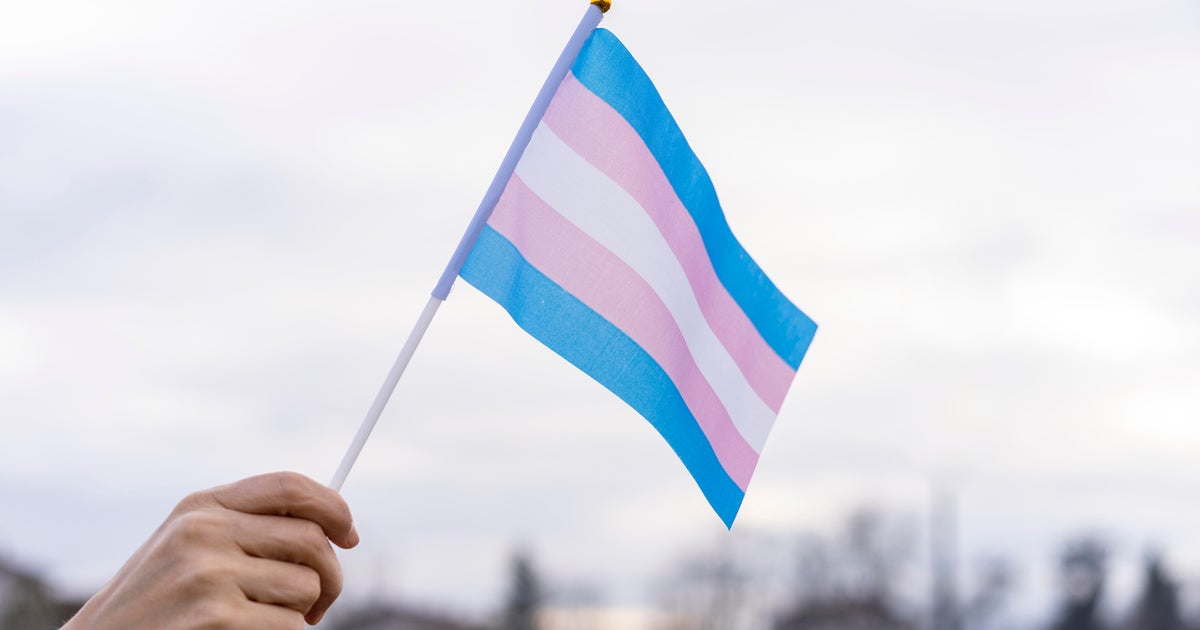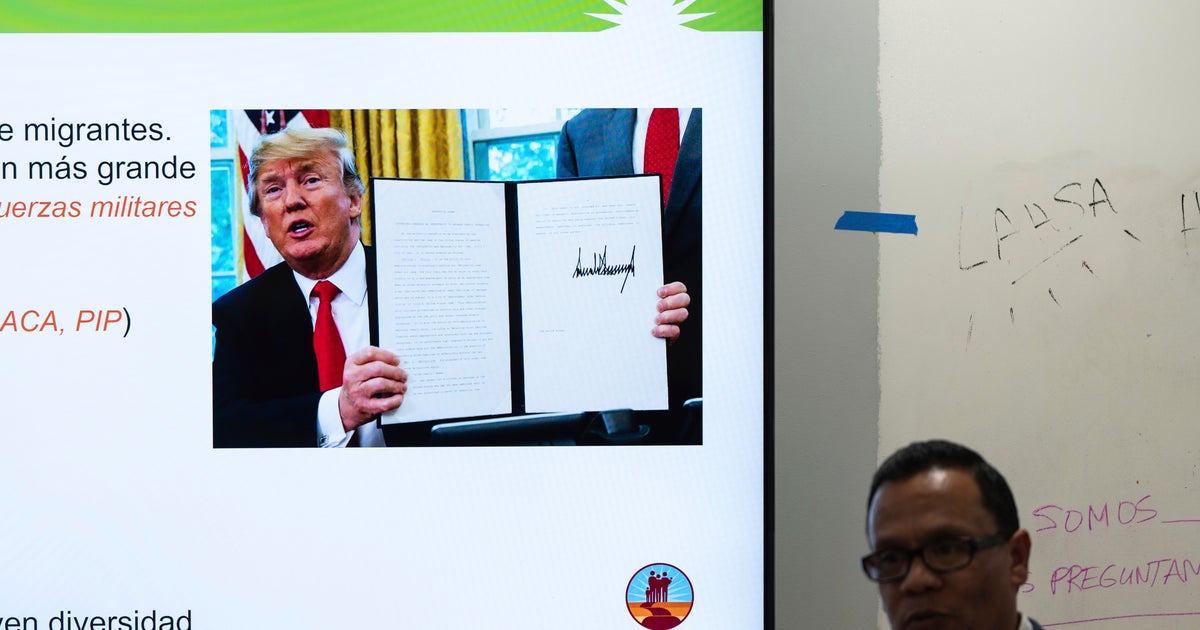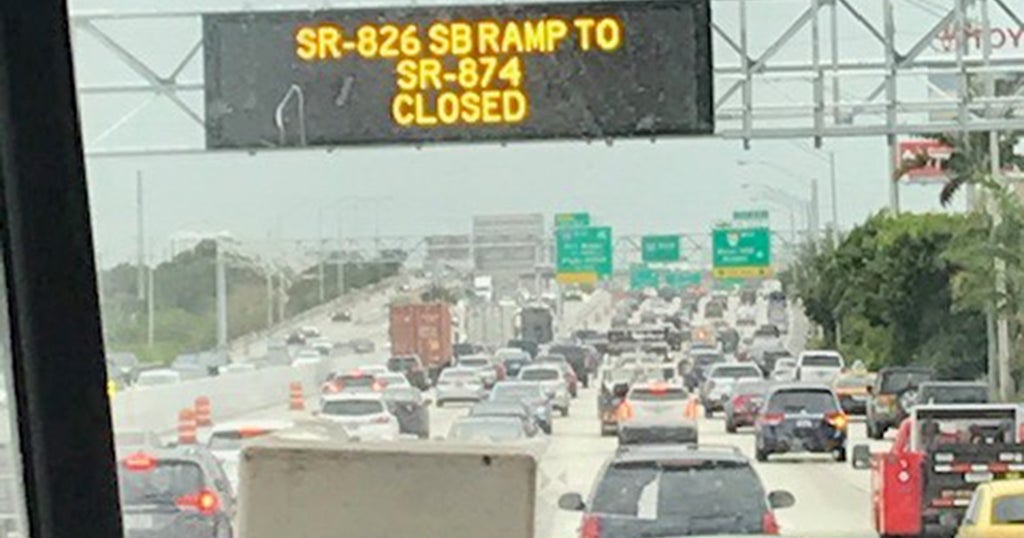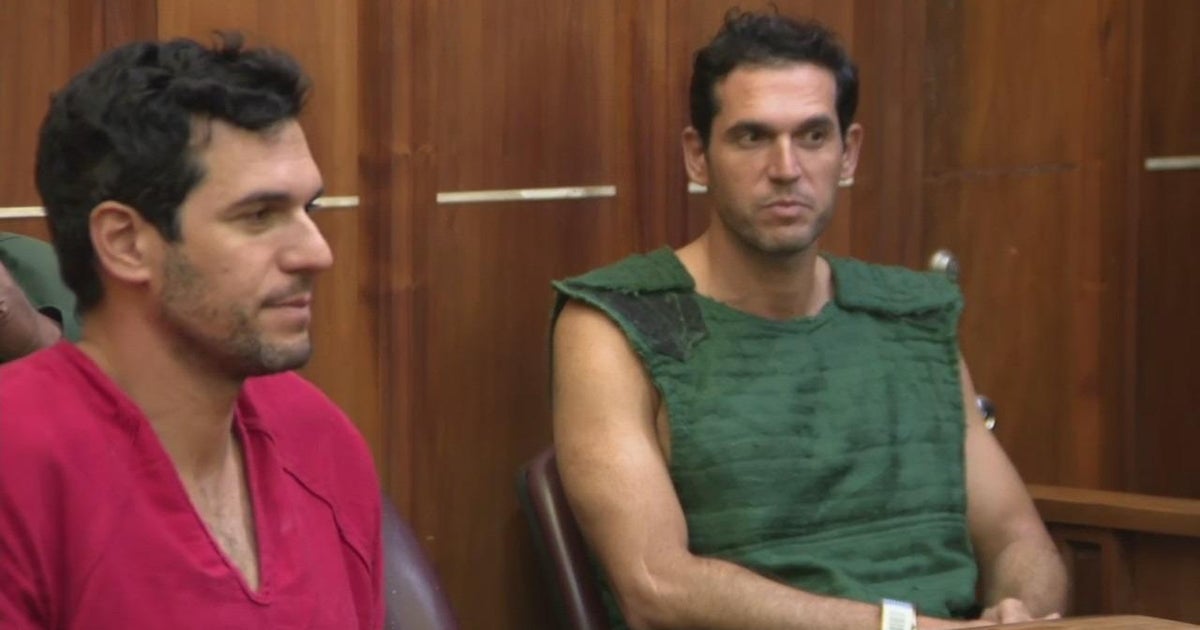Supreme Court Begins Hearing Fla. Challenge To Health Care Law
WASHINGTON (CBSMiami) – The U.S. Supreme Court began hearing arguments Monday morning from a group of states led by Florida arguing that President Barack Obama's signature achievement, health care reform, is unconstitutional.
The case will help decide the future of the country's declining health care system and the fate of President Obama and the Republicans who have led the charge against his bill including Florida Governor Rick Scott and Attorney General Pam Bondi.
The health care law's complexities will be argued over three separate days of testimony. The heart of the arguments, according to the states, is that Congress doesn't have the right to require Americans to purchase health care insurance under the Commerce clause of the U.S. Constitution.
Monday's arguments looked at whether the states have the right to preemptively challenge under the Anti-Injunction Act from 1867. The law said "no suit for the purpose of restraining the assessment or collection of any tax shall be maintained in any court by any person," according to the New York Times.
Basically, the court must decide if it can even hear the case if the individual mandate can even be ruled on before anyone has even paid it. Both sides have asked the court to ignore this aspect and to rule on the mandate and other areas of the law immediately.
The individual mandate will be argued for two hours before the court Tuesday. The mandate requires Americans to purchase insurance or pay a fine. The argument is that because not having health care insurance will cost those who do more, and because it's across state lines, Congress can regulate it.
The Republican-leaning American Action Forum and the centrist Democratic group Blue Dog Research Forum released a poll of former clerks of current justices as well as attorneys who have argued before the court said there's roughly two out of three chance the law will be upheld by the court.
Thirty-six percent said the justices would rule the mandate is severable from the law, meaning the rest of the law could survive without it being included. Just 27 percent of those surveyed said the mandate was non-severable.
But, the way the justices will rule won't be known until the questions posed by the court are released at the end of each day's worth of arguments. If a majority of the justices ask tougher questions and seem hesitant to either side that could be a sign of which way they will ultimately rule in June.
If the court overturned the law, it would be the first time since the New Deal that a sitting president's primary achievement had been invalidated. It would also be the first sign that federal power was being significantly curtailed by a new court.



